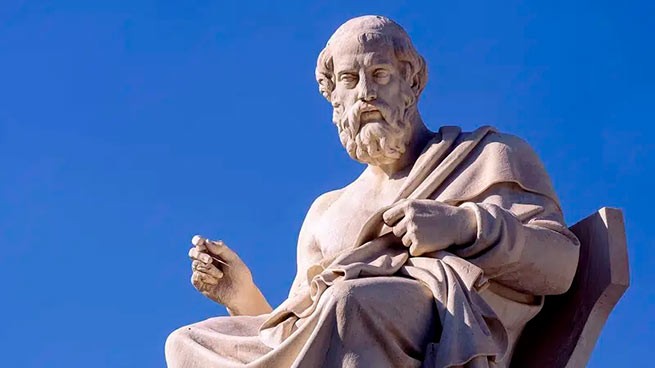The revolution of 1821 is a common landmark that unites all Greeks, regardless of worldview, political position, level of education and age, according to a report from a nationwide poll KEFIM.
Rthe revolution of 1821 became a common point of reference for all Greeks, these are the conclusions of the third and last nationwide survey ΚΕΦίΜ – “How the Greeks See the Revolution of 1821”.
The first part of the survey, designed to identify and record the perception of the revolution in modern Greek society as a whole, as well as in the individual groups that make it up, was conducted in 2019, the second in 2020, and the third in November and December 2021.
When comparing recent data with previous years, there are small but noticeable differences in how public opinion perceives the faces and events of those years, as well as in the knowledge that it has about the historical events of that time. The main, as mentioned above, the conclusion of the study, conducted on behalf of ΚΕΦίΜ by MARC, is that the revolution of 1821 is a common starting point that unites all Greeks, regardless of worldview and political position.
Common Answers:
The national character of the revolution (91.2%).
Confession Kolokotronis, Karaiskakis And Bubulins the most important heroes.
The positive contribution of the Filiki Eteria Society ( Φιλικής Εταιρείας ) (90%), phylhellenes (Φιλελλήνων) (84.4%) and island politicians (83.8%) in the outcome of the revolution.
On the contrary, public opinion remained divided as to the role of the great powers at the end of the Greek Revolution.
38.9% of Greeks believe that Russia has made the most positive contribution*, followed by France (20.7%) and the UK (19.7%).
In relation to the 2019 survey, Russia and Austria show a trend towards decreasewhile the UK and France to growth. Four out of ten citizens agree on the positive role of foreign loans, and three out of ten – on the negative one. Also, 58% consider the military successes of the revolutionaries to be the decisive reason for the positive outcome of the revolution, and 34% – the intervention of the great powers.
Of particular interest are the respondents’ answers about the liberal dimension of the revolution, as they show a significant increase compared to the first part of the survey (2019). Thus, the liberal nature of the revolution is now in second place after the national one, and 58.4% recognize it compared to 52.9% in 2019. The number of those who recognize the democratic character also increased: from 40.8% to 46.2%.
However, the results of the survey also highlight the need for more in-depth reporting on the historical events of the revolution. Significantly, public opinion is still divided over whether the revolution has begun. March 25 in the Holy Lavra or March 17 in Mani. At the same time, only one in ten believes that their fellow citizens know its history well.
Finally, half of Greeks say they read and learned more about 1821 during 2021, with TV shows (28.4%), books (18.6%) and the internet (16.9%) being the main sources of information.
*A few more years of active anti-Russian propaganda, and this percentage will fall by half.






More Stories
Ancient papyrus reveals Plato's burial site
Metropolitan Chrysostom: "The Church will never recognize same-sex marriage – the issue is not closed"
Schools in Germany: convert to Islam so as not to be an outsider